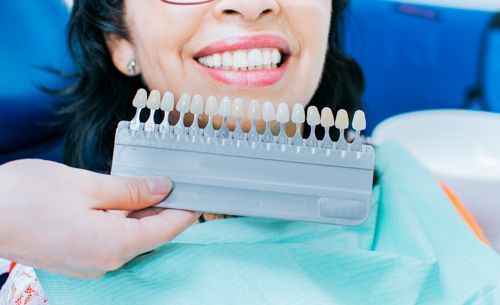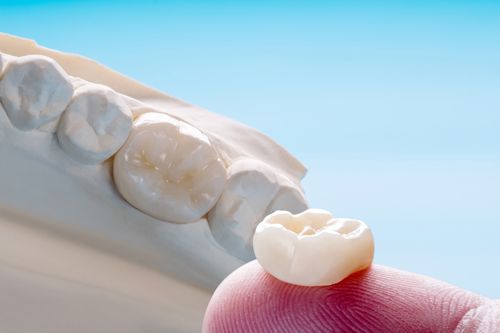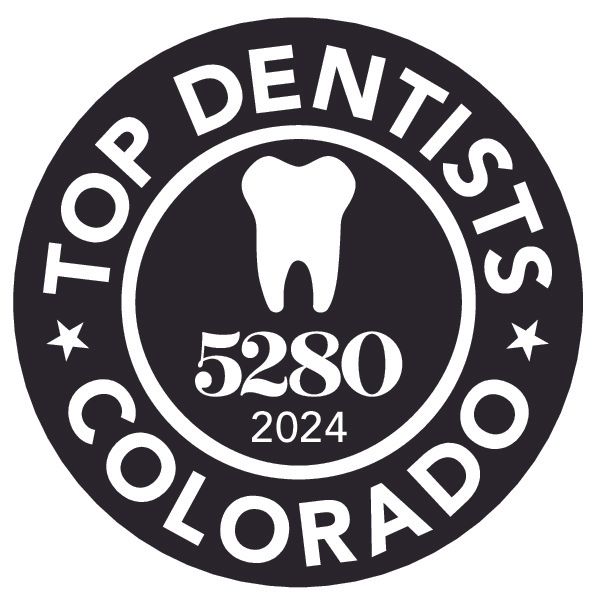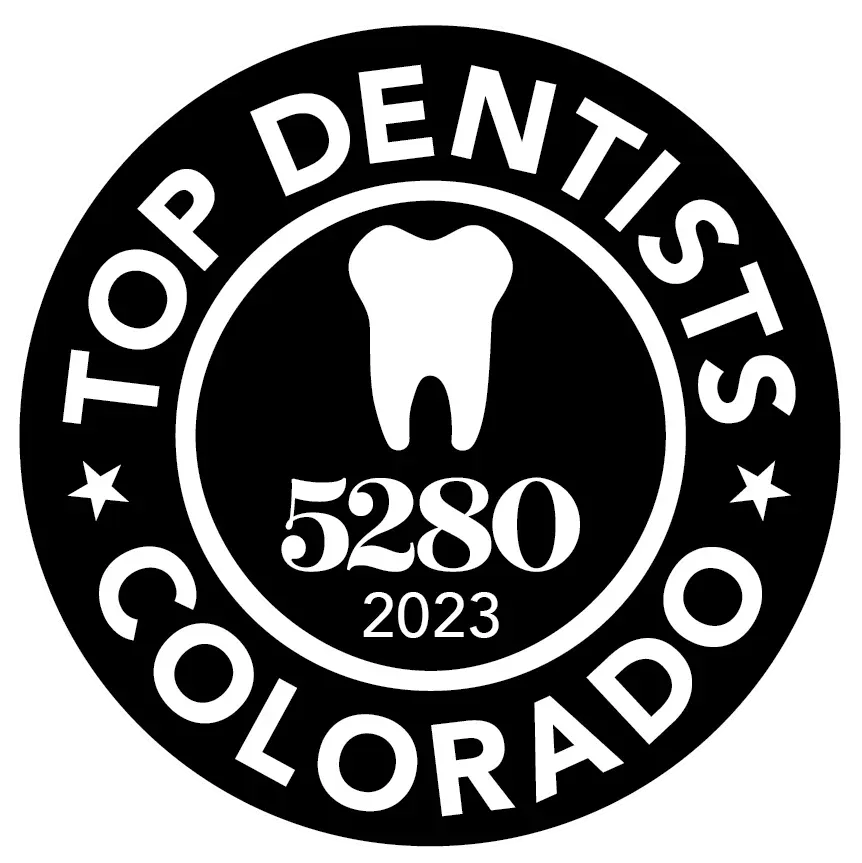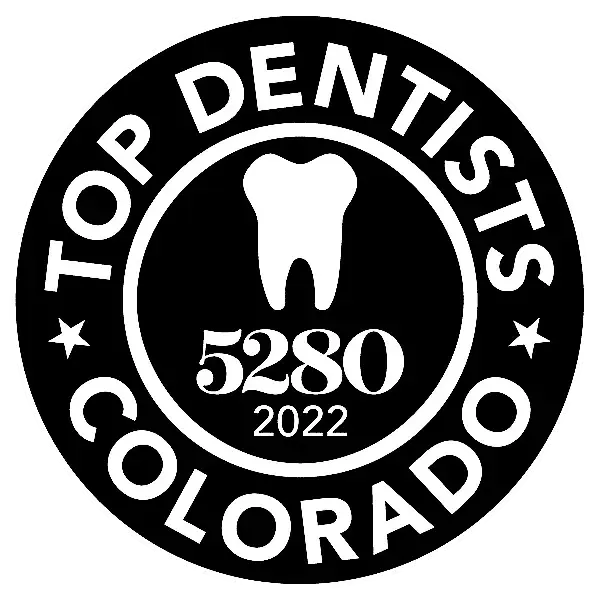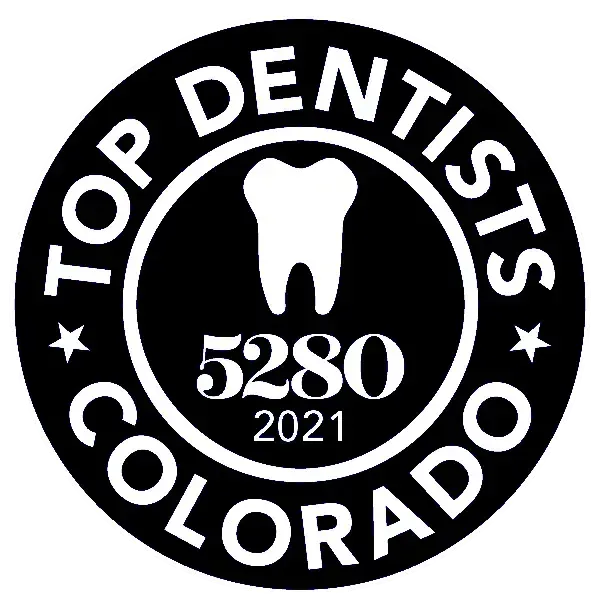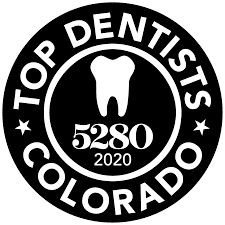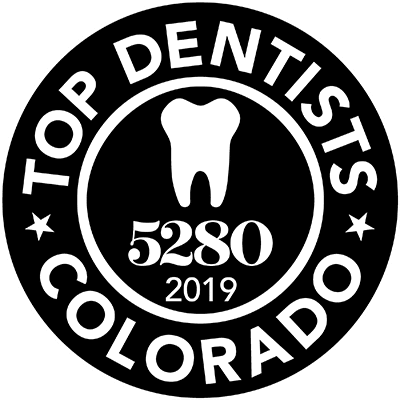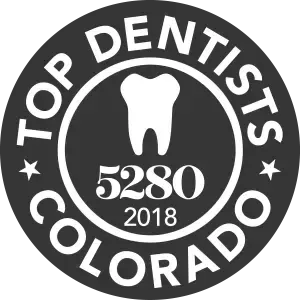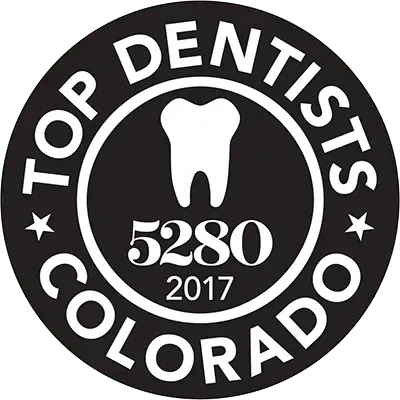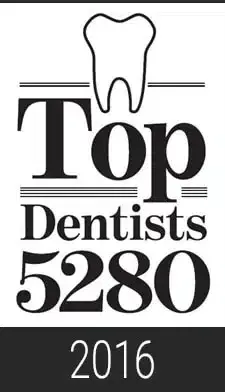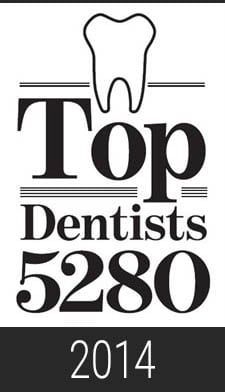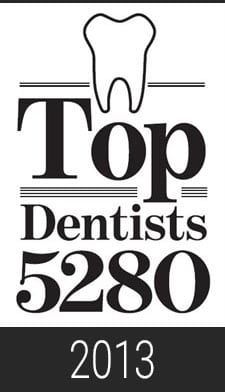Prosthodontic & Cosmetic Dental Care in Denver, CO
At Dr. Louisa Gallegos Prosthodontics, we specialize in transforming smiles through advanced prosthodontic and cosmetic dental treatments. Our expert team is dedicated to creating beautiful, functional smiles that not only look stunning but also improve your overall quality of life. We serve Denver, CO, and the surrounding areas.

Why Choose a Prosthodontist?
Prosthodontists are dental specialists with advanced training in restoring and replacing teeth. Dr. Gallegos brings:
Advanced Expertise: Specialized education beyond traditional dental school
Precision Treatments: Meticulous approach to dental restoration
Comprehensive Care: Focus on both aesthetics and functionality

Meet Dr. Louisa Gallegos
A specialist in prosthodontics, Dr. Gallegos combines technical excellence with compassionate patient care. Her approach goes beyond treating teeth—she treats the entire patient, considering individual lifestyle, health history, and personal goals.
Collaborative Care Approach
We believe in a comprehensive treatment strategy that often involves collaboration with other dental specialists, including:
- Endodontists
- Orthodontists
- Periodontists
- Oral Surgeons
This team-based approach ensures you receive the most effective, personalized dental care possible.
Convenient Denver Location
Located in Cherry Creek North at 90 Madison Street, our practice is centrally situated in Denver. We welcome new patients and offer treatments without requiring a referral from another dentist.
Customer Testimonials
I have never met a more patient, intelligent, or skilled dentist. It is no understatement for me to say she was and is a "miracle worker". And her key right-hand assistant Mimi is absolutely wonderful.
After you have had the rest, try the best-Dr. Gallegos and her team. They are wonderful with patients and caring, smart, and kind. I cannot recommend her highly enough!
Dr. Gallegos took her time (nine appointments, plus adjustments) to make me a gorgeous set of dentures that function flawlessly. Barbara, her secretary is soft spoken and efficient. They work with various insurance companies. Highly recommended
Ready to Transform Your Smile?
Call 303.316.4034 to schedule your consultation or use our online appointment request form.
